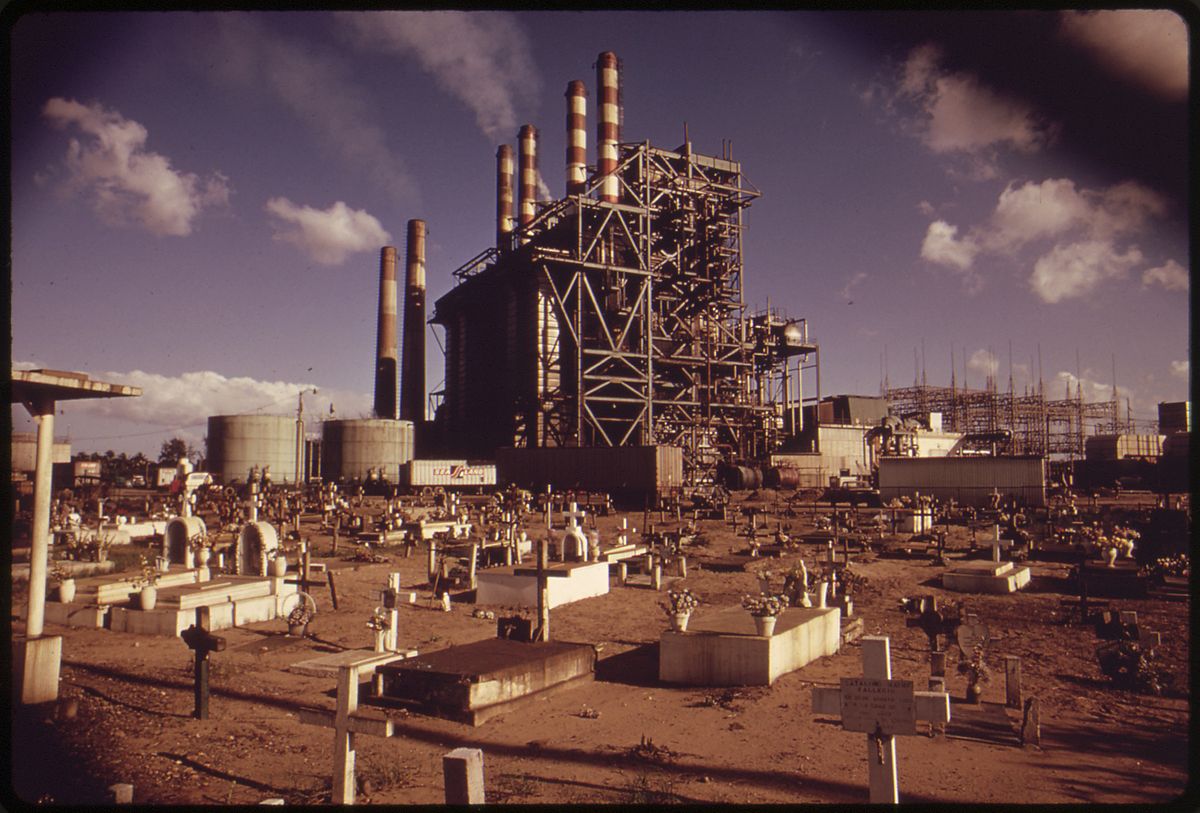Business and Economy
Creditors delay multimillion dollar loan payment for Puerto Rico’s public power company
SAN JUAN, Puerto Rico—Puerto Rico’s financially struggling public power company won a big reprieve Thursday, announcing that creditors agreed to postpone payment of $671 million worth of bank loans until next year.
It was the third time this year that creditors allowed the state-owned Electric Power Authority, known as PREPA, to delay payments amid growing speculation that it might default on its roughly $9 billion debt.
The power company owes a Scotiabank consortium $525 million and Citigroup $146 million and now has until March 31 to make those payments. The banks will continue to collect interest on those amounts.
“Today’s agreements give PREPA the additional time and financial resources we need to reach a comprehensive solution that ensures our ability to provide a safe, reliable and efficient power supply to all Puerto Ricans for many years to come,” said Juan Alicea, executive director of the power company.
The credit lines allow the power company to buy oil and keep lights on across the U.S. territory. The agreement also will allow the agency to use $280 million from its construction fund to pay for current expenses and capital improvements.
As part of the agreement with creditors, the Electric Power Authority has to submit a full debt restructuring plan by March 2. It also has to appoint a chief restructuring officer by Sept. 8 and submit a five-year business plan by Dec. 15.
Those requirements indicate the power company will seek to restructure all its debt through negotiations with its creditors, said David Tawil, co-founder and portfolio manager of New York-based Maglan Capital.
Many analysts believed the Electric Power Authority would be the first state-owned business to embrace a new law that allows certain Puerto Rico’s public corporations to restructure their debt by turning to the courts.
“Now it sounds like there’s a total shift,” Tawil said. “It’s way better for everybody than a messy filing under the Recovery Act right now.”
The Templeton and Oppenheimer investment funds have filed a lawsuit arguing the law was unconstitutional, but some of the insurers and bondholders that control more than 60 per cent of the power company’s outstanding bonds who are named in the lawsuit have agreed to provide the power company with liquidity and time to work with its creditors.
“I think this is a great, great, great result,” Tawil said of the deal. “It’s the best (the government) could have asked for at this juncture.”
The reprieve comes as Puerto Rico tries to emerge from a nearly decade-long economic slump and struggles with $73 billion in public debt. New York’s Federal Reserve Bank says the island’s public corporations account for nearly 40 per cent of the island’s debt.
Meanwhile, a group founded last month by U.S.-based asset managers to offer Puerto Rico financial help if needed has grown. The group now has 27 members and more than 0 billion worth of capital under management.
The group holds more than $4.5 billion in Puerto Rico bonds.






















